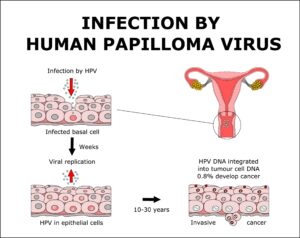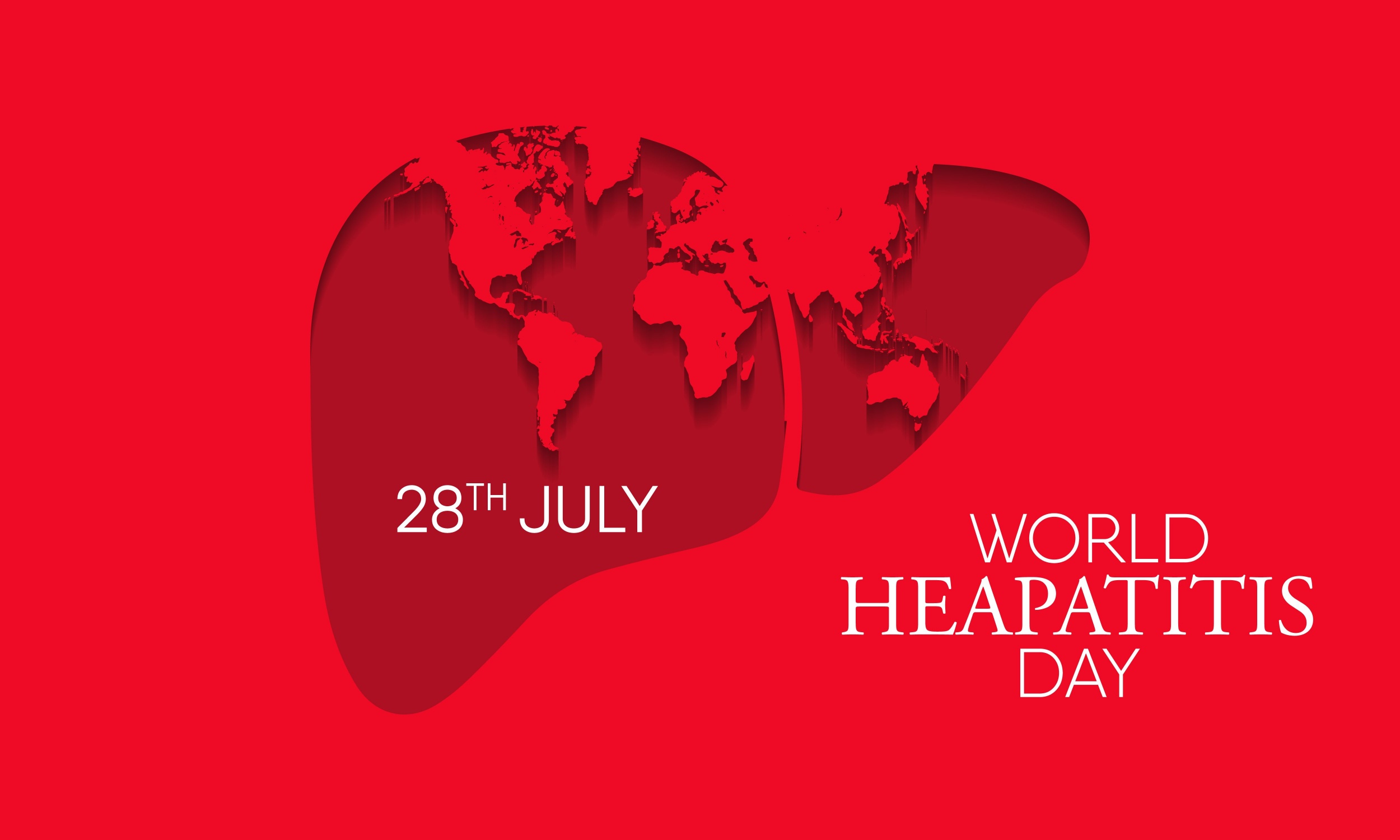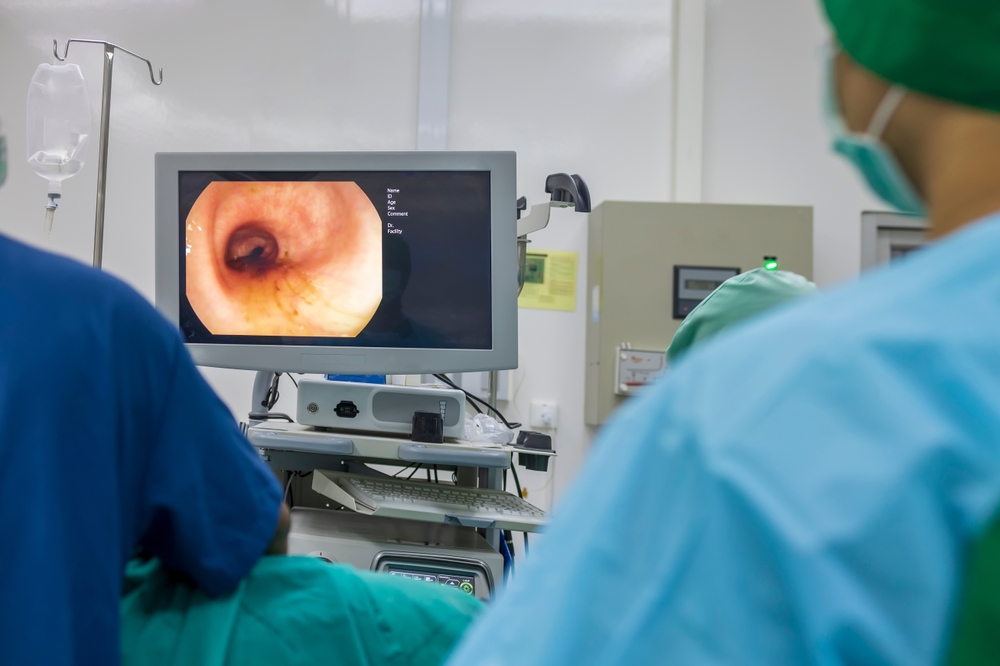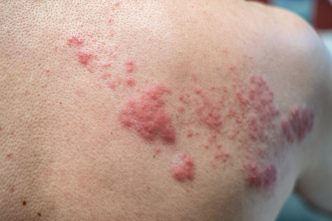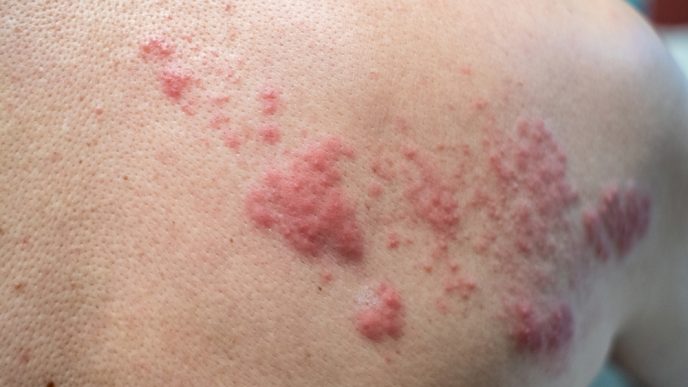WORDS DR RAHIMAH RAHIM
| FEATURED EXPERT DR RAHIMAH RAHIM Medical Doctor Klinik Amaya |
Question 1
WHAT IS HPV?
The human papilloma virus or HPV is a very common virus transmitted through skin-to-skin contact, including sexual activity.
Most HPV infections do not cause any symptoms and can clear up on their own.
However, some strains can lead to serious health issues like genital warts and cancers, particularly cervical cancer.
The risk of HPV infection increases with certain behaviors such as having multiple sexual partners, engaging in unprotected sex, and smoking.
How HPV infects human cells. Click on the image for a larger, clearer version.
Question 2
IF HPV INFECTION CAN SHOW NO SYMPTOMS, WHAT CAN WE DO TO FIND OUT WHETHER WE HAVE BEEN INFECTED?
Screening for HPV is vital because it helps detect abnormal cell changes early, before they have the chance to progress into cancer.
Cervical screening, which includes HPV testing, is essential for identifying high-risk HPV strains.
High-risk HPV strains can lead to abnormal cell changes in the cervix, which, if left untreated, may progress to cancer. Hence, early detection through HPV testing allows for close monitoring and timely intervention, preventing the development of cervical cancer. This proactive approach is essential in maintaining women’s health and well-being.
Question 3
CAN YOU TELL US ABOUT THE HPV VACCINE?
The HPV vaccine is the most effective way to prevent HPV infections and the associated cancers.
It is safe, effective, and recommended for both males and females starting at age 9.
The vaccine is administered as a series of shots and provides protection against several high-risk HPV strains.
Vaccination, combined with safe sex practices, using condoms or dental dams, and limiting the number of sexual partners, greatly reduces the risk of HPV transmission.
Question 4
WHAT ARE THE TREATMENT OPTIONS AVAILABLE FOR PEOPLE WITH HPV?
Healthcare providers can offer comprehensive guidance on screening, diagnosis, and treatment options for those affected by HPV infections.
This includes regular monitoring for abnormal cell changes, treatment for genital warts, and appropriate interventions for any pre-cancerous conditions.
Digital health solutions can be leveraged to enhance our approach in managing HPV. These solutions facilitate seamless patient-doctor interactions, enabling us to schedule and conduct HPV screenings efficiently. Patients can conveniently access consultations and receive timely reminders for screenings, which are crucial for early detection. This technology not only streamlines our workflow but also empowers patients to take proactive steps in their healthcare journey.
For further information, individuals can consult with healthcare professionals. Our goal is to provide comprehensive care and support to those affected by or at risk of HPV.


